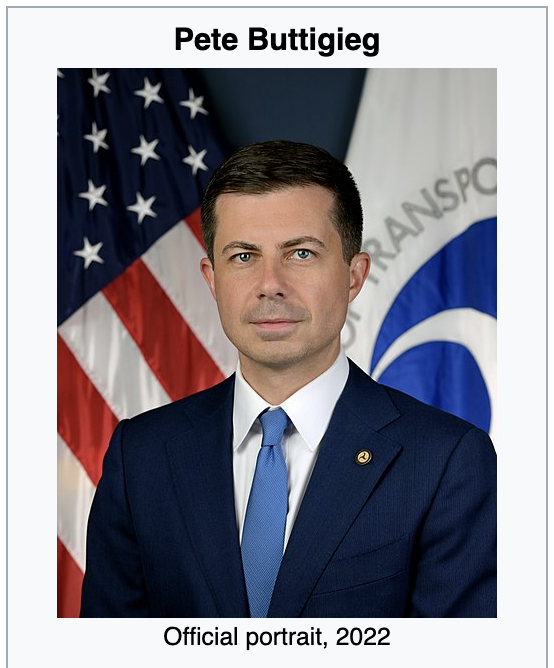

We explore this further in The Science of Self-Acceptance Masterclass©. It is a sense of belief in oneself and feeling assured of your own abilities and chances of future success, and it is in large part based on your experiences. This theory expanded the boundaries of the self-confidence/self-esteem literature by adding in the needs component when our needs are met, according to the theory, we have all the ingredients necessary to experience healthy self-esteem and to grow and flourish as a person.īased on these three theories, and countless other reports, articles, and studies by other researchers in the field, we have been able to put together a more coherent picture of what self-confidence is. Self-Determination Theory posits that we are all born with an inherent drive to explore our environment and thrive, and that self-esteem results from humanity’s basic needs being met: Self-efficacy is focused on current beliefs about the future while self-confidence is also concerned with beliefs about the future, there is a definite link to the past-after all, our self-confidence is built on our past experiences.ĭeci and Ryan drew from Bandura’s work to create their own theory on another “self-” construct: self-esteem. The idea stuck and influenced the work of another important theory in the area of self-confidence and self-esteem: Bandura’s Self-Efficacy Theory.īandura’s theory states that self-efficacy is built on one’s beliefs in the likelihood of future success those who believe they can influence the events of their lives have high self-efficacy, while those who feel they are not in control and have little to no impact on what will happen to them in the future, have low self-efficacy (Bandura, 1977). This concept was not a new one, but James was one of the first to lay it out in detail. How well we actually perform (our successes).How we feel and what we believe about ourselves (our self-confidence/self-belief).His formula for self-esteem (a related, but slightly different, construct than self-confidence) proposes that it is built on the foundations of two elements (Nayler, 2010): Thanks to William James, we learned that self-confidence is an important predictor of success. Three of the most influential theories that have shaped our knowledge of self-confidence are William James’ self-esteem “formula,” Bandura’s Self-Efficacy Theory, and Deci and Ryan’s Self-Determination Theory. The Psychology of Self-Confidence and Self-Belief To be truly self-confident is to exude confidence in your words and actions, in addition to believing in yourself and feeling capable. You cannot get inside their head to know how they feel about themselves, so you base your judgment of their self-confidence on their words and actions. Think about a confident person you know now, think about how you know this person is confident. You must have at least some self-belief to have self-confidence, but self-belief does not guarantee you self-confidence.Īlong with characterizing your beliefs about yourself, self-confidence is a trait that permeates your thoughts, feelings, and actions.

To be self-confident is to trust in your own abilities and believe that you can do what you set your mind to.Īs you can see from the definition, self-belief is a necessary-but not sufficient-component of self-confidence. This definition works pretty well for the average person and is easy to understand. “Our self-assurance in trusting our abilities, capacities, and judgments the belief that we can meet the demands of a task.” Some say it is simply believing in yourself, while others go into more detail about your expectations for and evaluations of yourself and your performance.įor non-academic purposes, however, we have a pretty solid definition this definition comes from the Psychology Dictionary Online: Researchers have a tough time agreeing on what, exactly, self-confidence is. What is the Meaning of Self-Confidence and Self-Belief? 19 Quotes and Affirmations on Self-Confidence.Motivational Speeches and Popular TED Talks and Videos.Guided Meditations to Boost Self-Confidence.Activities and Exercises for Developing Self-Confidence.



 0 kommentar(er)
0 kommentar(er)
